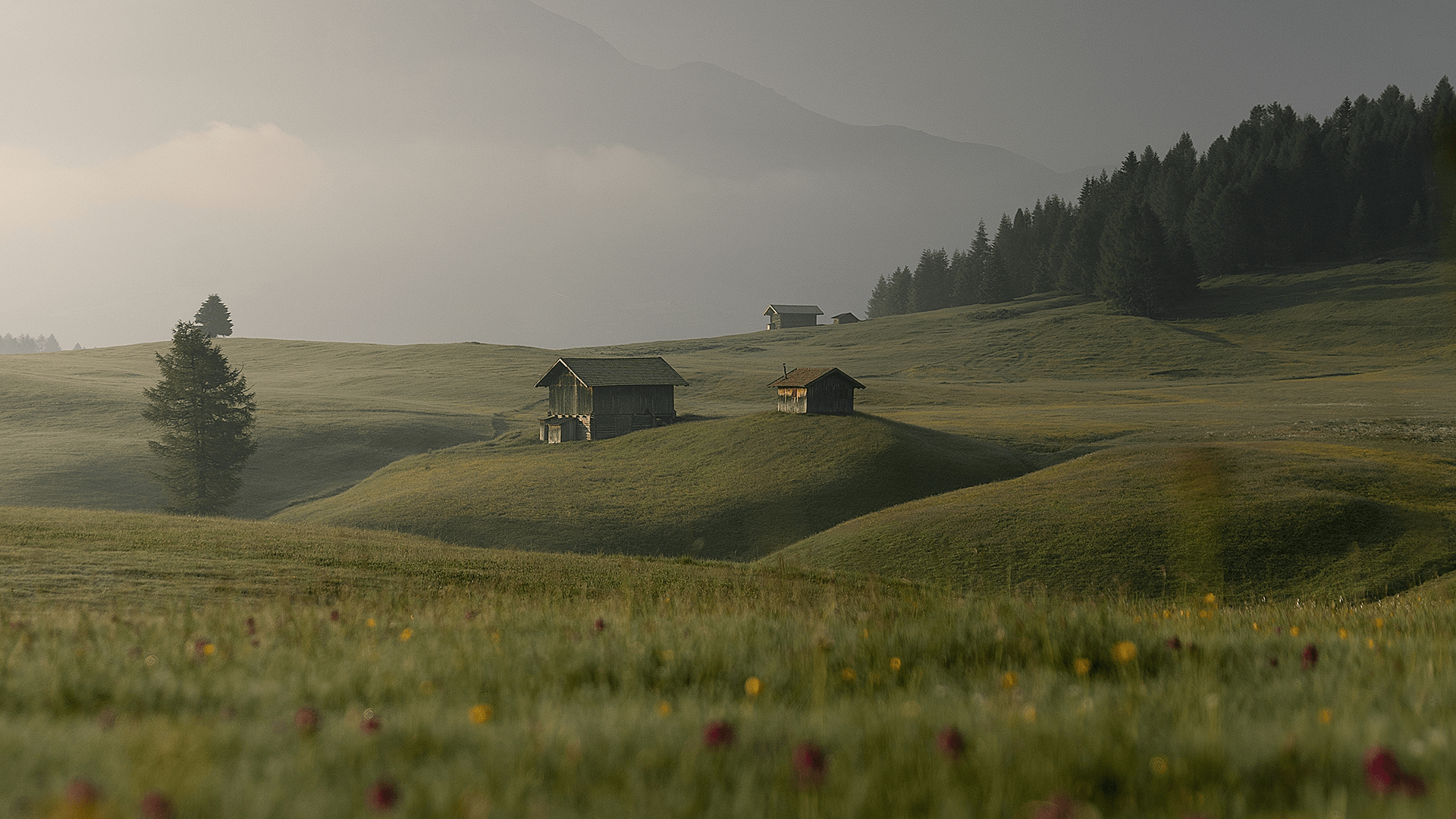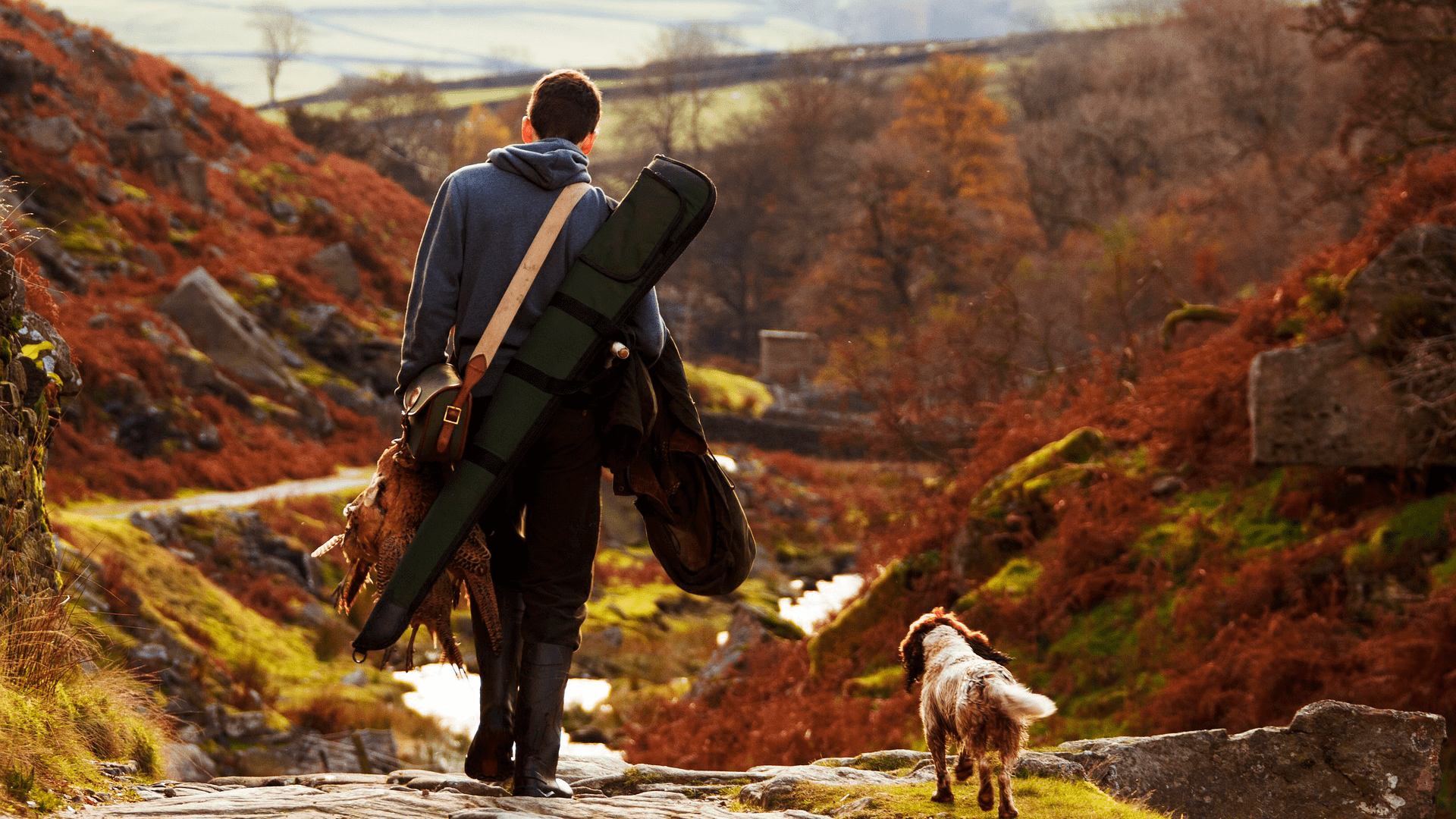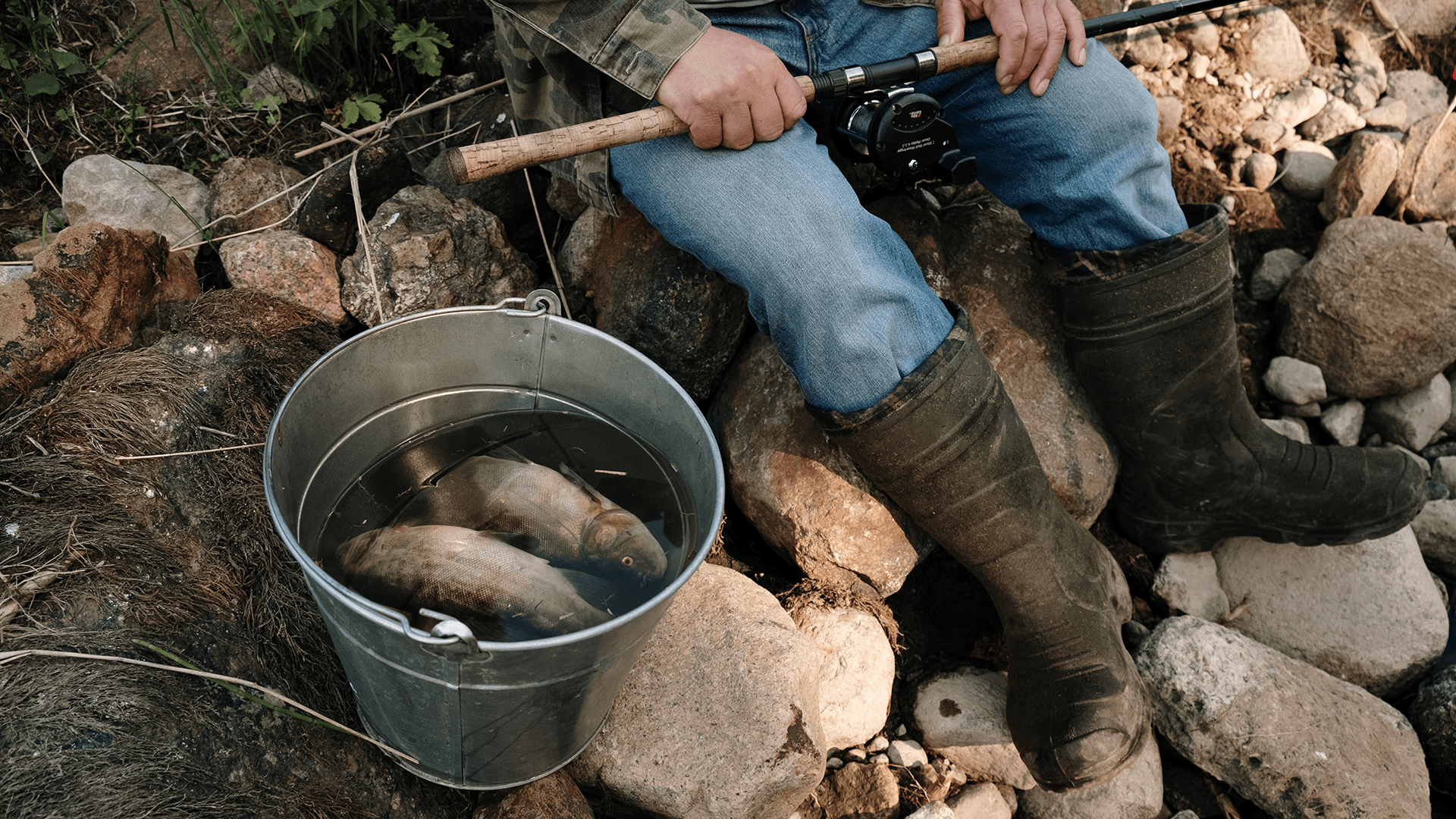
If you have a piece of land that you don’t use for hunting, then leasing it out can be a great way to make some extra income. Hunting leases are an increasingly popular option for landowners who want to share the benefits of their property with hunters and other outdoor enthusiasts, while also ensuring that their interests remain protected. If you’ve ever considered leasing your land for hunting but aren’t sure where to start, this guide is here to help! Read on to learn all the basics of how and why you should lease your land, plus advice on how to make sure everyone involved gets the most out of their experience.
What to do before you lease your land for hunting
Before you get started with leasing your land, there are a few important steps that should be taken to make sure you’re prepared. First, it’s best to know the local laws and regulations for hunting on private property in your area. You should also consider any potential liabilities related to opening up your land for public access: will hunters need permission from adjacent landowners? Will you need insurance coverage? Are there any safety concerns that you should address? These are all key questions to consider before moving forward with a lease arrangement.
How to find the right hunters for your property
If you decide that leasing your land is the right move, then it’s time to start looking for prospective tenants. Reach out to your network of hunters and land users to get the word out. You can also advertise through online forums, classifieds, or local hunting clubs. When screening potential tenants, be sure to ask questions about their experience level and any special requests they may have for the property.
The benefits of leasing your land for hunting
Leasing your land for hunting can provide several advantages. For one, you’ll receive financial compensation for allowing someone else to use your property; plus, it can help cover some of the costs associated with owning lands such as taxes and maintenance fees. Additionally, you can introduce new people to outdoor activities like hunting—and who knows? You might even make some lifelong connections along the way!
What to look for in a hunting lease agreement
Once you’ve identified the right tenants for your property, it’s important to draft a detailed and comprehensive hunting lease agreement. This document should include information such as the duration of the lease, any restrictions or limitations on activities allowed on the land, expectations surrounding insurance coverage and liability matters, payment details and amounts owed, hunting safety requirements, and so forth. Be sure to consult an attorney if you have questions about what should or shouldn’t be included in your document.
How to handle problems and disputes with hunters
No matter how carefully you plan and prepare, sometimes issues can arise during a hunting lease arrangement. If this happens, it’s important to remain professional and remember that communication is key. Try to be understanding of the situation and take a problem-solving approach when dealing with any disputes or disagreements. Work with your tenant to find a resolution that meets both of your needs—the goal should be finding common ground rather than arguing in circles.
Tips for making the most out of your hunting lease arrangement
Leasing your land for hunting can be an incredibly rewarding experience, but it’s important to take the time to protect yourself and ensure you get the most out of the arrangement. Here are some tips for making the most out of your hunting lease:
- Set clear expectations from day one, including payment terms and any rules or restrictions related to the property.
- Regularly inspect the property to ensure it is being used and maintained properly.
- Talk to your tenant regularly to stay up-to-date on any changes or issues that may arise.
- When possible, try to include as many details as possible in your lease agreement—this will help you avoid disputes down the line and keep everyone on the same page.
- Respect all hunting laws and regulations and make sure your tenants do too!
How to ensure a successful hunting lease
Leasing your land for hunting can be an excellent way to generate income, but there are a few key factors to consider for a successful arrangement. First, make sure you select the right tenants and draft an ironclad lease agreement that outlines all expectations and responsibilities. Secondly, stay in close communication with your tenant—be open to negotiation or changes as needed. Finally, don’t forget about safety! Make sure you educate hunters on the rules of the land and always adhere to local hunting regulations. With a bit of effort, you’ll have a successful arrangement that benefits everyone involved.
With these tips in mind, you’re ready to start leasing your land for hunting. Good luck!



